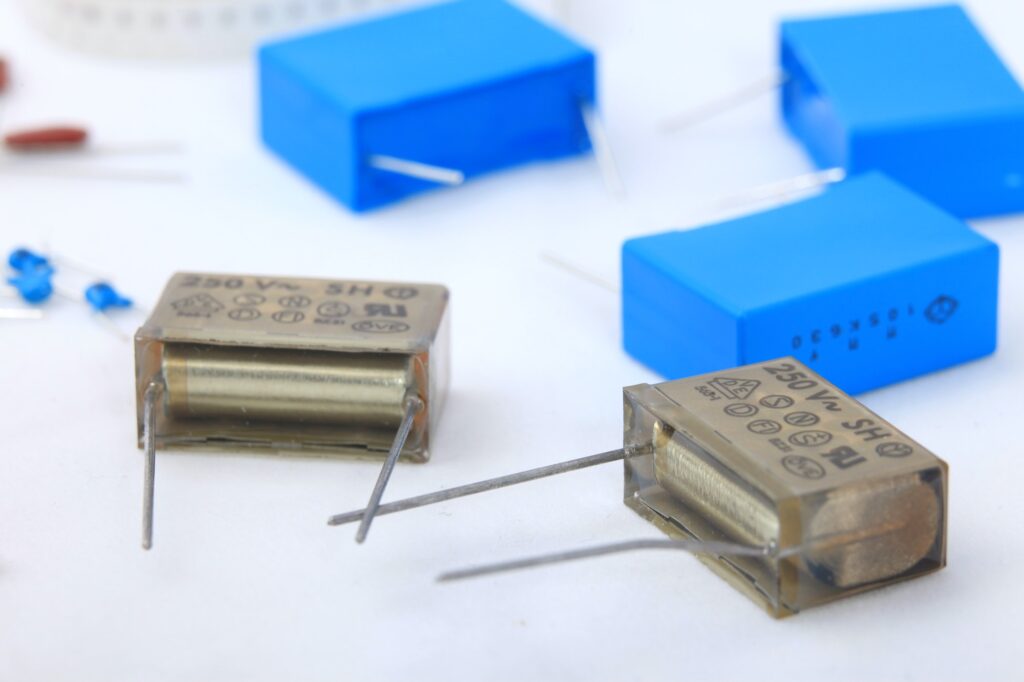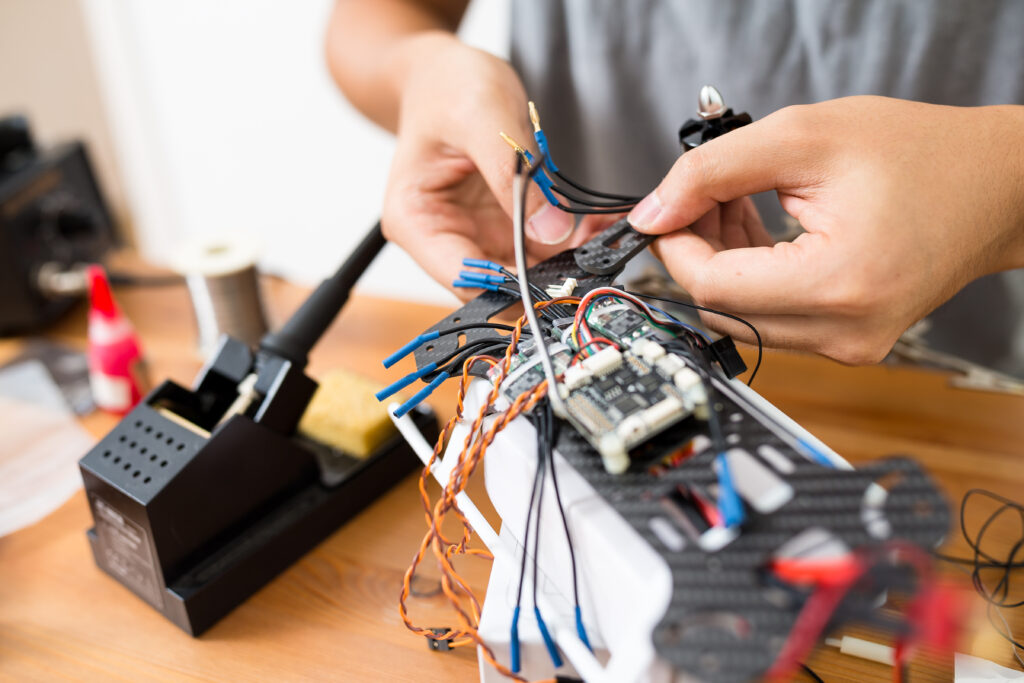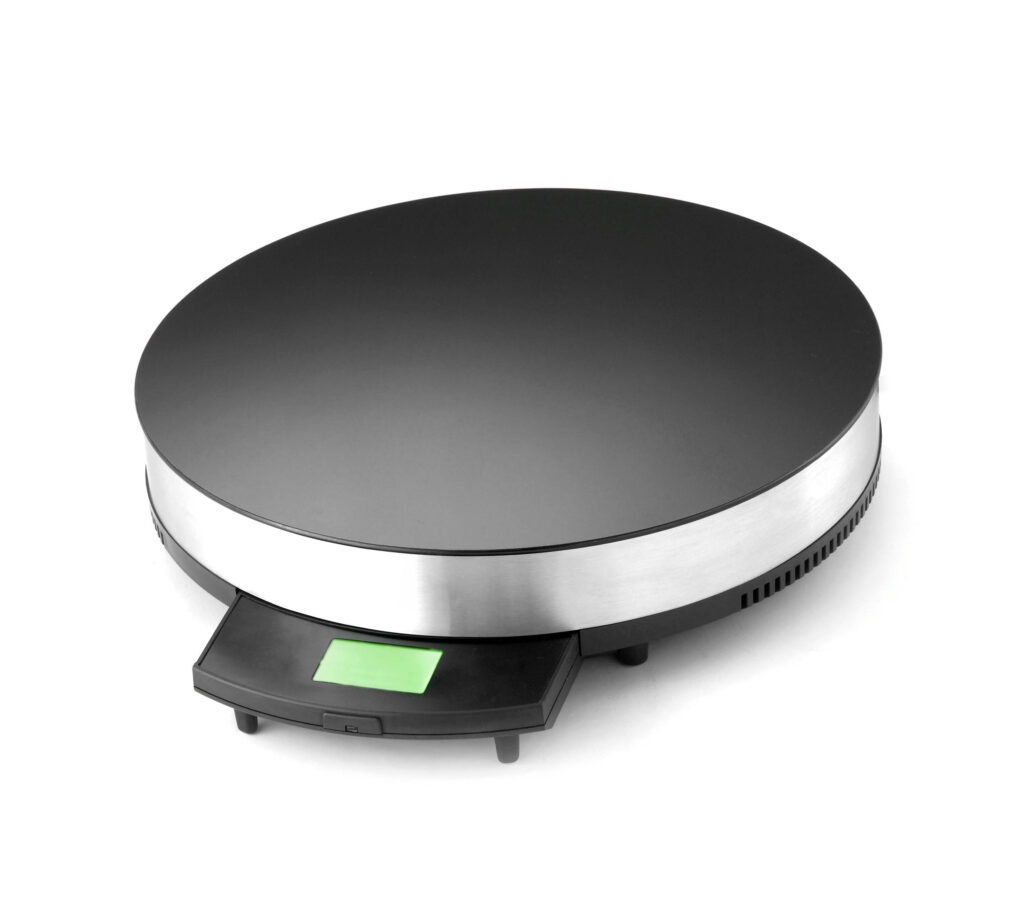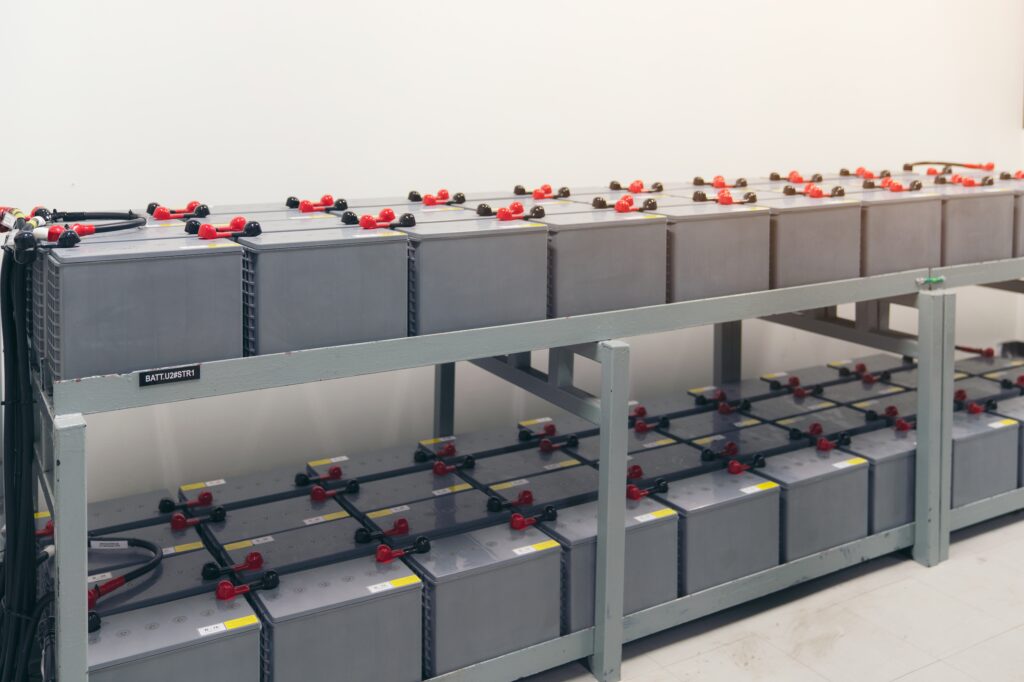Introduction:
As technology continues to advance, the demand for advanced materials in the production of electronic devices has increased significantly. One such material that has gained popularity in recent years is epoxy resin. This versatile and durable polymer has found numerous applications in the manufacturing of various electronic components, including smartphones, laptops, tablets, and other portable devices. In this article, we will explore the various ways in which epoxy resin is used in the 3C electronics industry and its benefits.

- Epoxy Resin Used in Assembly Processes
Epoxy resin is commonly used in the assembly process of electronic devices due to its excellent adhesion properties. It can bond different types of electronic components together, such as printed circuit boards (PCBs), microelectronic components, and metal components, resulting in a more stable and reliable device. Additionally, epoxy resins can withstand high temperatures and harsh environmental conditions, making them ideal for use in the manufacturing process.
- Epoxy Resin Used in Cable Assemblies

In the production of mobile devices, cable assemblies play a crucial role in ensuring proper connectivity between the device and external accessories. Epoxy resin is often used to coat the inner conductor of these cables to provide additional protection against damage caused by wear and tear. The use of epoxy resin-coated cables results in longer-lasting connections and better overall performance of the device.
- Epoxy Resin Used in Housing Materials

The housing or enclosure of a mobile device is one of its most critical components, as it not only protects the internal components but also enhances the aesthetic appeal of the device. Epoxy resin is often used to create durable and attractive housing materials for mobile devices. By using epoxy resin, manufacturers can create housing materials that are lightweight yet sturdy, providing optimal protection for the device’s internal components while maintaining a sleek design.
- Epoxy Resin Used in Display Technology
The display technology of mobile devices has come a long way over the years, and epoxy resin has played a significant role in this evolution. Manufacturers use epoxy resin to create thin films on touchscreens and LCD displays, enhancing their durability and resistance to scratches and cracks. These films also help to improve the clarity and brightness of the display, resulting in a better user experience.
- Epoxy Resin Used in Microelectronics
Microelectronics, such as semiconductors and integrated circuits, require precision and accuracy during the manufacturing process. Epoxy resin can be used to create molds for these microelectronic components, allowing for precise replication and minimizing the risk of defects. Additionally, epoxy resin can be used to coat microelectronic components with a protective layer, reducing their susceptibility to damage from environmental factors such as moisture and heat.
- Epoxy Resin Used in Battery Technology

Batteries are an essential component of mobile devices, and their performance directly impacts the overall user experience. Epoxy resin can be used to create battery cases that provide additional protection for the battery cells, preventing them from being damaged or short-circuited. This not only extends the lifespan of the battery but also ensures that the device can maintain its charge for longer periods.
In conclusion, epoxy resin has become an increasingly popular material in the production of electronic devices due to its unique properties and wide range of applications. From assembly processes to housing materials and microelectronics, epoxy resin has proven to be a valuable asset for manufacturers looking to produce high-quality mobile devices that are both durable and aesthetically pleasing. As technology continues to evolve, it is likely that we will see even more innovative uses for epoxy resin in the 3C electronics industry.
- Melap Portugal — guia de casinos online licenciados e também sites para apostas dentro de território português
- Znaki Sverige: nyheter om de verksamheter som påverkar den moderna världsbilden
- Best Pills for Erection: Your Comprehensive Guide to Enhanced Performance
- TOP 6 Epoxy Resin Applications in 3C Electronics Industry
- The Role of Epoxy Resin in Enhancing Electronics: Applications and Benefits
Read this: Best Pills for Erection: Your Comprehensive Guide to Enhanced Performance